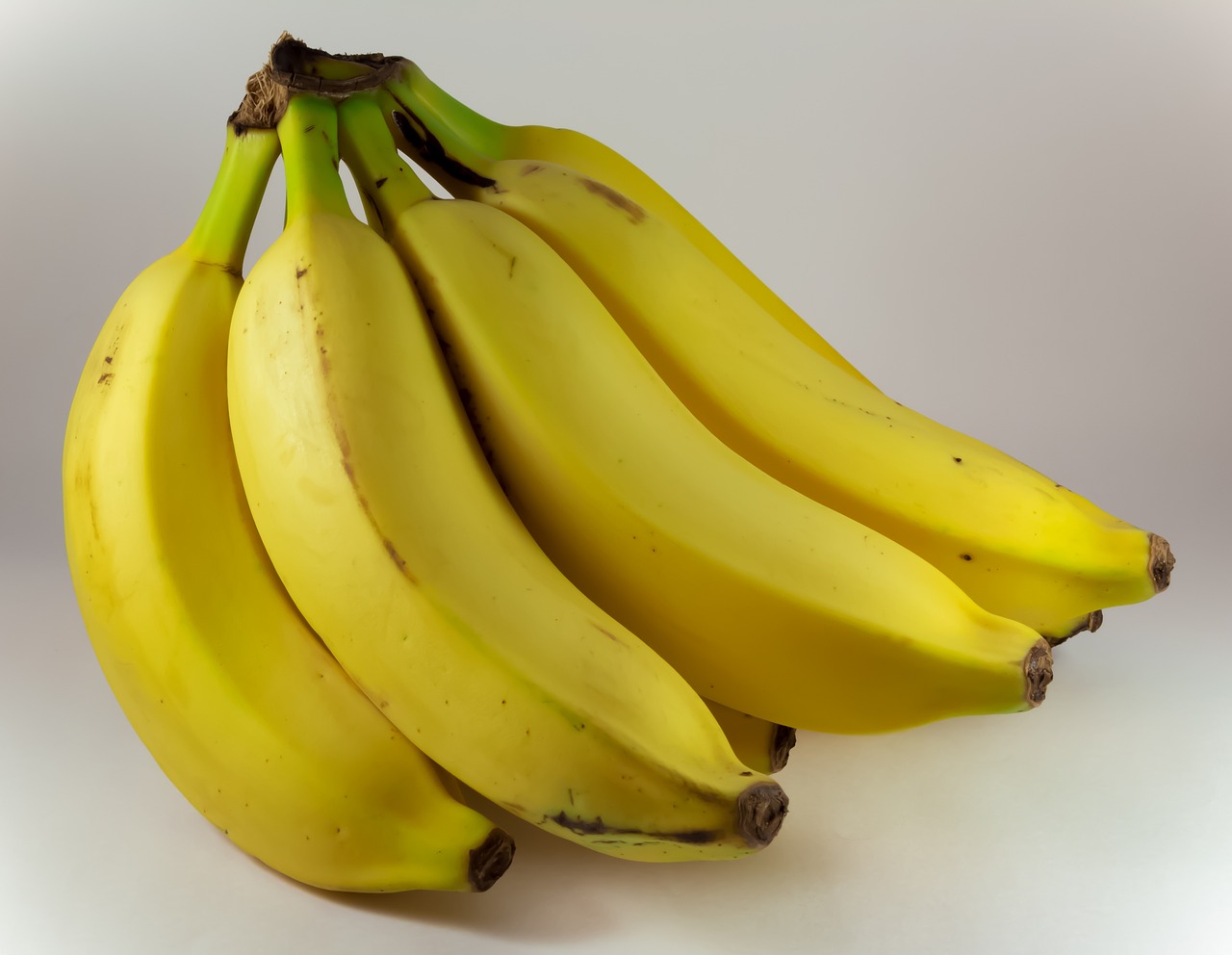
Today is April 16th and on this day in history, we celebrate National Banana Day – a seemingly frivolous commemoration that, when peeled back, reveals layers of meaning about our connection to the natural world and to each other.
The humble banana – that familiar yellow crescent that finds its way into our shopping carts and fruit bowls with such regularity that we barely notice it anymore. Yet there was a time, not so long ago in the grand scheme of things, when a banana was an exotic luxury in many parts of the world. Now it’s the most consumed fruit on the planet.
Standing in my kitchen this morning, banana in hand, I found myself wondering about the journey this fruit made to reach me. From tropical plantations where the morning sun filters through broad leaves, to cargo ships crossing vast oceans, to distribution centers and finally to my local grocery store. Each banana carries within its curved form the story of global commerce, of human ingenuity and interdependence.
The banana’s history is not without its shadows. United Fruit Company’s political machinations in Central America gave rise to the term “banana republic” – a reminder that even our breakfast fruit can be entangled with power and exploitation. The Gros Michel variety, once the world’s dominant export banana, was virtually wiped out by Panama disease in the 1950s, replaced by today’s Cavendish – a living lesson in the dangers of monoculture and the fragility of our food systems.
What’s remarkable is how this single fruit connects us to both ancient history and uncertain futures. Humans have cultivated bananas for at least 7,000 years. Archaeological evidence shows they were grown in New Guinea as early as 5000 BCE. When I eat a banana, my experience links me with countless generations before me who found sustenance in the same sweet flesh.
Yet the future of this common fruit isn’t guaranteed. The Cavendish faces its own disease threats now, and scientists race to develop resistant varieties. In this ordinary yellow fruit, we find a metaphor for our broader environmental challenges – the tension between mass production and sustainability, between convenience and diversity.
As the evening light fades on another National Banana Day, I’m struck by how the most ordinary things can be portals to deeper understanding. The banana in your kitchen isn’t just a snack – it’s a thread in a vast tapestry of human civilization, agricultural innovation, and ecological relationships. Tomorrow when you peel one open, take a moment to feel that connection – the cosmic in the commonplace, the universal in the unique curve of this everyday miracle.